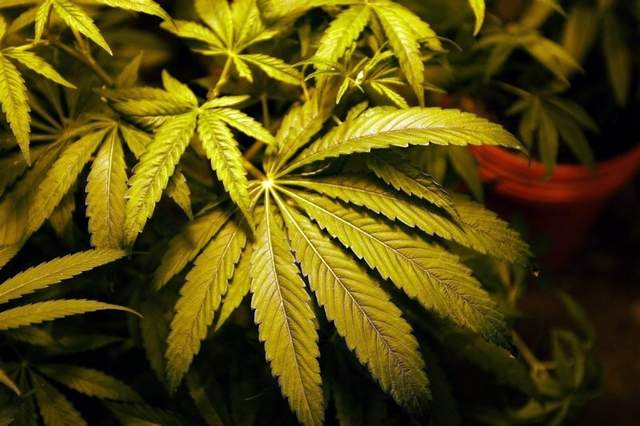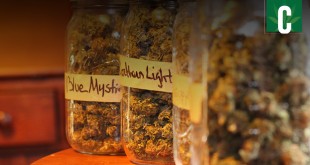A ruling by the California Supreme Court in March could undermine medical marijuana in vast swaths of the state, even as voters prepare to legalize weed in just a few years.
The court declined to hear a petition from MMJ advocates fighting a total ban on cultivation in the City of Live Oak. The ban applies to all grows, indoors and out, regardless of medical use.
The ban applies to all grows, indoors and out, regardless of medical use.
Proposition 215, the initiative by which Californians legalized medical weed, explicitly allows residents to grow pot at home. But the court ignored that fact in refusing to hear the case of Maral v. Live Oak.
A lower court ruling in that case, handed down by the Third District Court of Appeal, held that local governments have the right to prohibit all marijuana cultivation, regardless of the MMJ law. The ruling grew out of an earlier decision by the state Supreme Court that municipalities have the right to ban medical marijuana dispensaries.
By declining to hear the case, the Supreme Court upheld the appellate court’s interpretation. Now communities across the state may all but eliminate medical cannabis within their corporate limits despite the obvious intent of a law passed 18 years ago.
“We are deeply disappointed by the court’s decision,” said Dale Gieringer, director of California NORML and a longtime proponent of medical weed in the state. “They have effectively undermined Proposition 215’s stated purpose, ‘to ensure that seriously ill Californians have the right to obtain and use marijuana for medical purposes.’”
Though the court gave no explanation for its decision, a routine response to the type of petition the advocates filed, the decision makes it possible for municipalities across the state to completely shut the door on pot grows of any kind.
Live Oak started the trend in 2011. Soon patients and their advocates sued, and the matter ended up in front of the Third District Court of Appeal. There, the court said Proposition 215 and subsequent MMJ laws never created a “broad right” to medical marijuana.
Proposition 215, the appellate court said, “creates only a limited defense to certain crimes, ‘not a constitutional right to obtain marijuana.’” The advocates appealed that decision to the Supreme Court.
In the meantime, other communities joined the bandwagon and began banning all cultivation. They include Fresno County and the City of Fresno. And the number is only likely to grow now that the Supreme Court has given a green light.
Advocates at NORML said it may still be possible to challenge cultivation bans in another appellate district. But the Supreme Court ruling makes success unlikely.
The only foreseeable solution to this threat may be the boldest: legalization. Once weed becomes legal and available everywhere in the state under a well-written law, the flaws in the MMJ system will be less important and easier to fix.
 California Marijuana Market Breaking "Marijuana News" from CA
California Marijuana Market Breaking "Marijuana News" from CA





